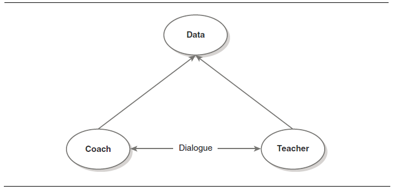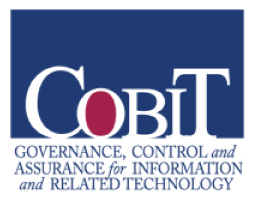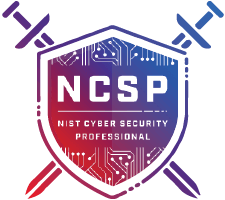Experience tells us, and the field of andragogy confirms, that adults learn differently from children. Andragogy refers to the adult learning theory and was coined by American educator Malcolm Knowles. Instructional coaches need to employ principles of andragogy as they support teachers in improving their practice.
The four principles of adult learning are:
- Adults need to be involved in the planning and evaluation of their instruction.
- Experience (including mistakes) provides the basis for learning activities.
- Adults want to learn about subjects that have immediate relevance to their job or personal life.
- Adult learning is problem-centered rather than content-oriented.
How do these principles apply to coaching teachers? It’s simple. According to the Annenberg Foundation for Education Reform, “effective instructional coaching encourages collaborative, reflective teaching practice.” For example, if a teacher organizes a lesson a successful coach can help the teacher reflect on strengths and areas that need improvement. The best coaches offer guidance and resources related to teaching the subject or improving the delivery of lessons in a way that aims to tackle challenges in the classroom. An effective coach should also help teachers reflect on what they’ve learned during evaluations and help them apply it to their work with students.
It is equally important for teachers to use data to inform their practice. Data is a useful tool for understanding student challenges and identifying areas in need of focus. Sometimes isolating the right areas of focus can be difficult for teachers. In those instances, it is wise for the instructional coach – to support teachers to self-identify a focus area. The University of Kansas’ Center for Research on Learning provides a framework for coaches and teachers to decide where to start. It’s called “The Big Four.” These four focus areas include classroom management, content, instruction and assessment for learning.
Coaches can use these four focus areas to help teachers choose where to start. Support can expand to sharing data and monitoring progress with them over time. Applying current research in the area of focus as well as modeling research-validated instructional strategies for teachers is also helpful.
Five strategies to help translate research into practice from Jim Knight’s book, Instructional coaching: A Partnership Approach to Improving Instruction:
- Clarify: read, write, talk
- Synthesize different sources
- Break it down
- See it through teachers’ (and students’) eyes – What does this look like in the classroom?
 Finally, just as teachers should reflect on their area of focus, instructional coaches should reflect on their experience too.
Finally, just as teachers should reflect on their area of focus, instructional coaches should reflect on their experience too.
We hope these strategies help guide your experiences helping teachers succeed.
Good luck and happy coaching!










